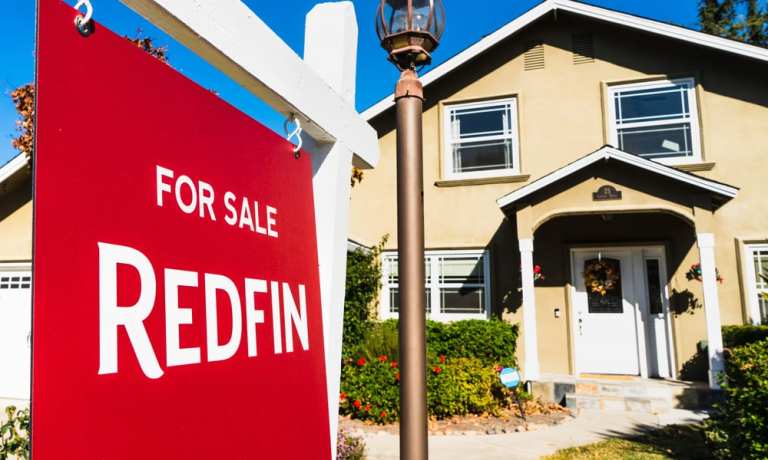Redfin On The US Housing Market’s Great Snapback (For Now)

For housing, the great snapback?
As stock markets whipsaw (the Dow was off more 6 percent on Thursday), as the Federal Reserve sees mid-single-digit economic contractions and unemployment remains at double-digit percentages, the homebuying market has decided to shake it all off.
Redfin reported last month that homebuying is up more than 16 percent above levels that had been seen before the pandemic. That’s as measured through the week that ended May 17.
And in an interview with Karen Webster, Taylor Marr, lead economist of online real estate brokerage Redfin, said that from a high level, “there’s so much going in in housing and it really is changing every week.”
January seems like a lifetime ago, where, as Marr said, we came into 2020 with the strongest market seen a long time, and with a 20-year low as measured in number of homes for sale. Mortgage rates of course had been trending lower.
And then came the coronavirus, where the end of March, lockdowns, real estate firm shuttering and stock market swoons brought s swift chill to real estate related activity in across the country.
“Seller stopped listing, buyers stopped touring and they stopped making offers,” he added.
For the sellers, there was a moment of reckoning.
“If you were on the market at the time,” he told Webster, “you had to come to a decision of, ‘do you want to stay in the market, ride this out and see if maybe you’ll get a buyer at a later time’ — but then your home looks like it’s been on the market for five or six weeks.”
Delistings of homes surged, up 150 percent from March a year ago.
But as Marr illustrated, as sellers withdrew their listings, supply dwindled even as buyers deserted the market too, which kept prices stable.
Those asking prices are now rising, said Marr as the de-listers have been returning.
“They’re rising at a fast pace, and the sales prices are starting to pick up again as well,” Marr said, and buyers have found a boost to their buying power underpinned by low rates. At least a significant percentage of those buyers had made the decision to do so at the start of the year, and had likely been waiting for an opportunity to come back to the market.
Drilling down into the data, he said that Redfin has seen a spike in searches for properties in smaller towns or rural areas. There has also been a notable increase in vacation purchases.
“These are mostly upper middle income, wealthier households that are purchasing vacation homes and deciding ‘I’ll just work here for the year.’”
In addition, for those who do intend to go back to the office, perhaps a few days a week, when this is all over, are weighing longer commutes (with less frequency) as a tradeoff for more house.
The conventional wisdom that the Bay area (and other tech-heavy metro areas) will see attrition — in droves — may not hold true, as families find it hard to leave their communities and school systems. Many of those cities already have significant work-from-home populations. (He noted that San Francisco has remained the only metro marker to see a year over year decline in sales process, and then, only by about 50 basis points).
Asked about the impact of unemployment and other macro data, Marr said that job losses have been concentrated in certain demographics that tend to be renters (and not buyers and sellers).
“What a lot of us are worried about is that [the recovery] does look like a V right now, but a lot of that is perhaps pent up demand. Then we might start to see some of the lingering effects … of the economic catastrophe,” he said, especially if job losses prove more widespread and permanent.
As to whether the recovery will be V-shaped or W-shaped? Time will tell.